Scientific Facts – Mind on Health
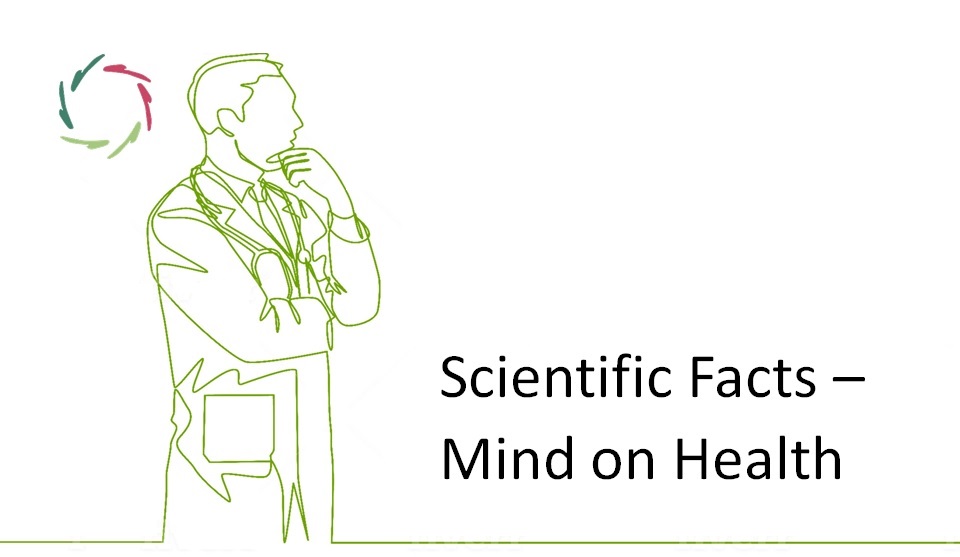
In this category (Your Mind as Cure), you find parts of a more academic chapter from my book Your Mind as Cure. ― “Our remedies oft in ourselves do lie Which we ascribe to heaven: the fated sky Gives us free scope; only doth backward pull Our slow designs when we ourselves are dull.” (Shakespeare, Read the full article…
Proof of the Mind-Body Connection?
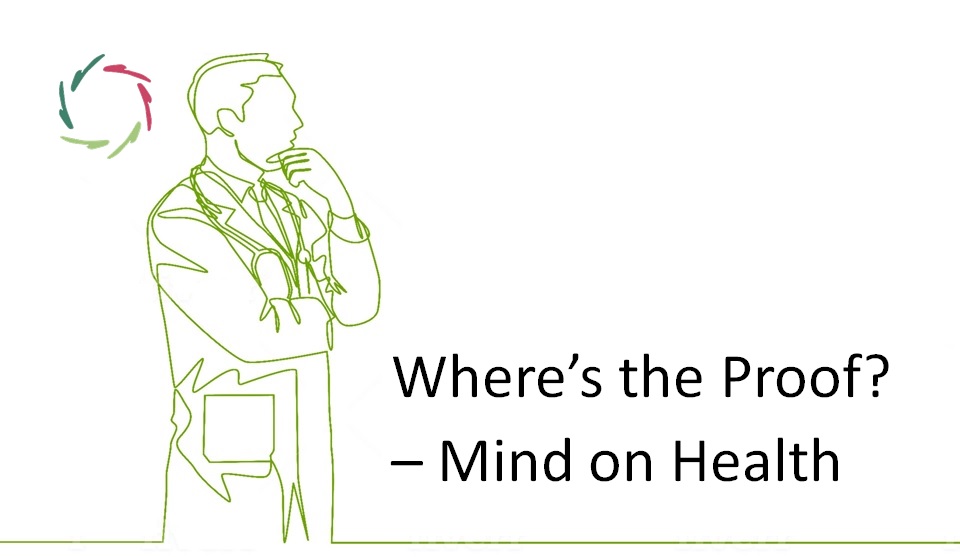
If, as we can see in this category, the mind has significantly more influence over the body than assumed until now, then why has scientific research shown relatively little of this to date? There may be several explanations for this: There is a fairly substantial body of proof, but it is not well known within Read the full article…
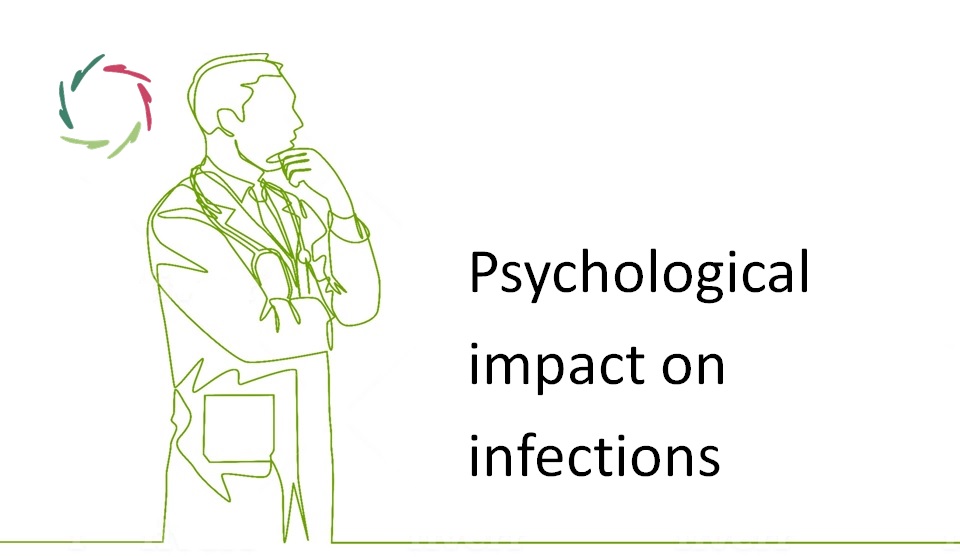
Psychological impact on infections
In a prospective study with a hundred subjects, it was concluded that stressful events in life four times more frequently preceded than followed throat infections that had or had not been caused by streptococci [Meyer et al., 1962]. A large number of control-variables (under which sex, family size, history of allergies) showed no correlation with Read the full article…
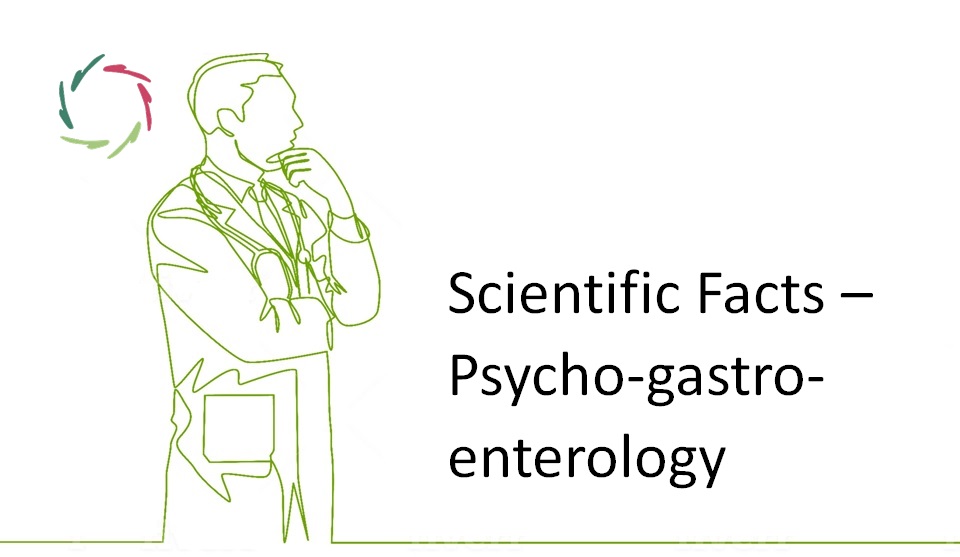
Psycho-gastro-enterology
The broad role of stress in the brain-gut axis is widely acknowledged. This has implications for multiple prevalent health conditions characterized by chronic gastrointestinal symptoms. These include functional gastrointestinal disorders such as functional dyspepsia and irritable bowel syndrome, as well as inflammatory bowel diseases such as Crohn’s disease and ulcerative colitis [Labanski et al., 2020]. Read the full article…
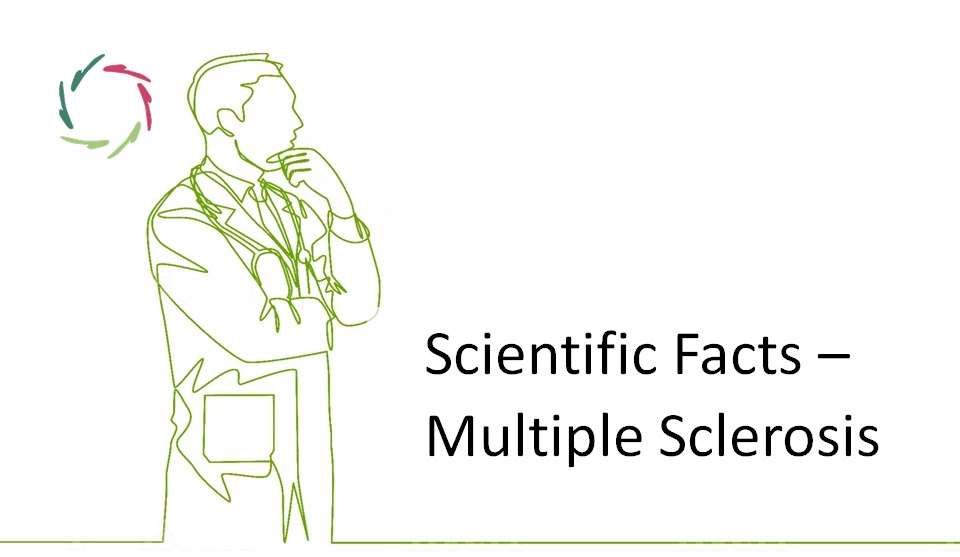
Multiple Sclerosis
Since the first description of MS in 1877, psychological stress has been suggested as a trigger for exacerbations [Charcot, 1877]. Until recently, the clinical evidence for a causal relationship was weak. A systematic meta-analysis from 2004 of 14 prospective studies found a significant relationship between the occurrence of stressful life events and a higher risk Read the full article…
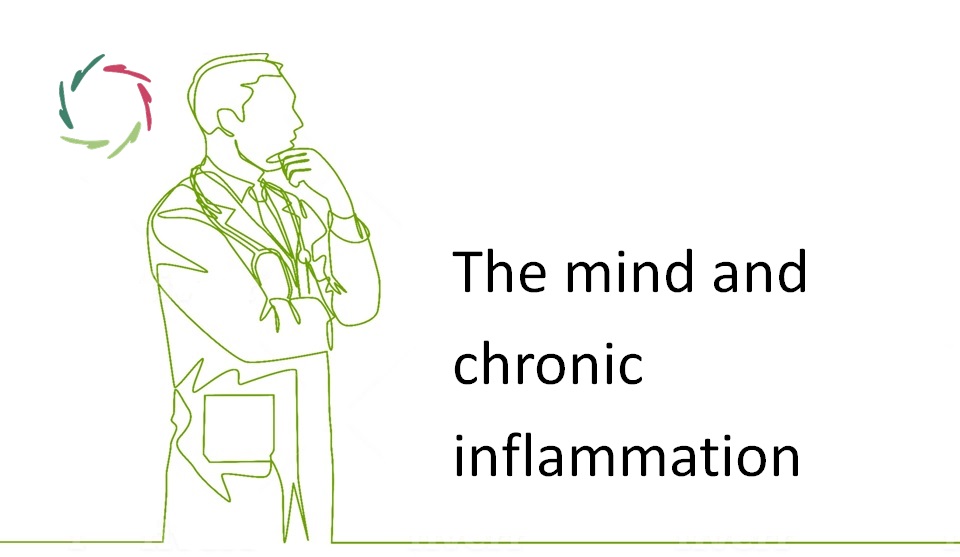
The mind and chronic inflammation
Recent research has revealed that certain social, environmental and lifestyle factors, including psychological stress, can promote systemic chronic inflammation that can, in turn, lead to diseases that represent the leading causes of disability and mortality worldwide, such as cardiovascular disease, diabetes mellitus, cancer, chronic kidney disease, non-alcoholic fatty liver disease, and neurodegenerative and autoimmune disorders Read the full article…
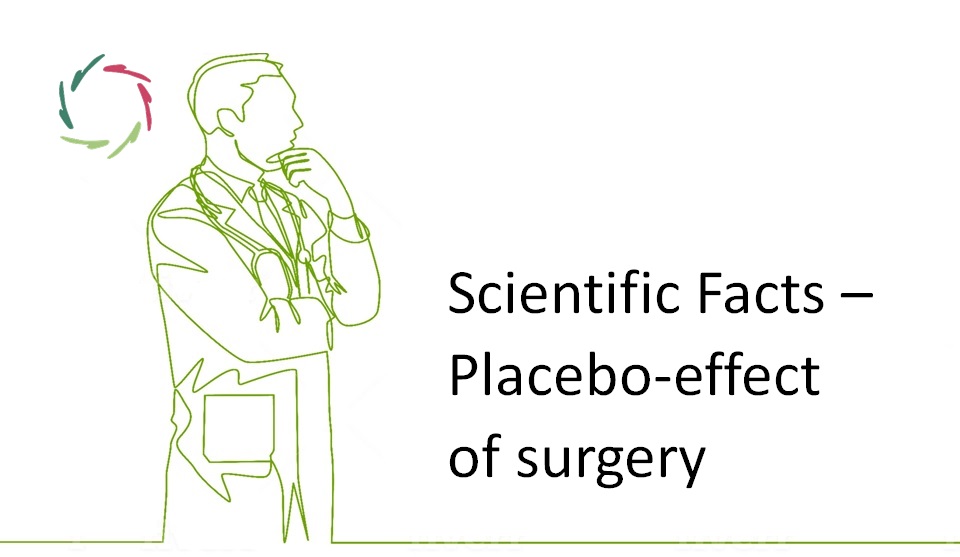
Placebo-effect of surgery
Surgery is expected to have a strong placebo effect. Patients are often terrified and cannot help but trust the surgeon’s competence and proper care. This accounts for their state of strong dependence [Jerome, 1991]. Operations are dramatic performances often preceeded by thorough preparation. The expectations of immediate improvement are high-pitched. Double-blind studies with surgery can Read the full article…
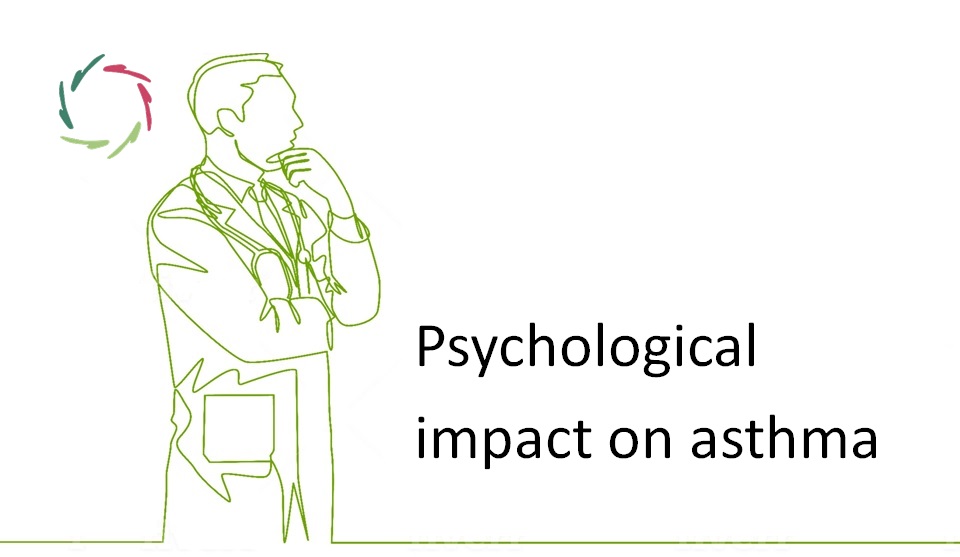
Psychological impact on asthma
Asthma is among the most prevalent chronic diseases; in children, it now leads the chronic disease statistics. In the United States, it affects an estimated 10.6 million (14.5%) children [U.S. Department of Health, 2014]. There are an estimated 300 million asthmatics worldwide [Masoli et al., 2004]. Stress and infections have long been independently associated with Read the full article…
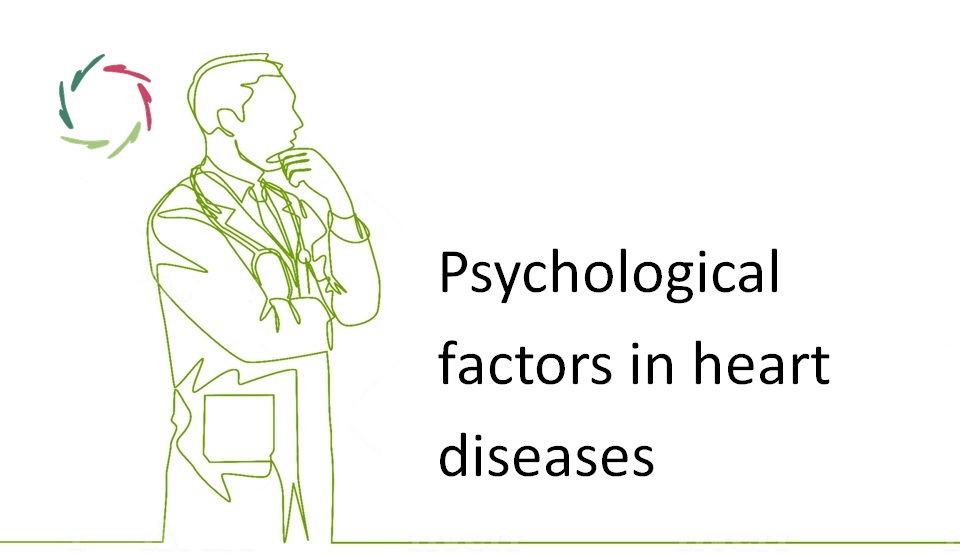
Psychological factors in heart diseases
Perhaps nowhere has the mind-body connection been more studied than in cardiovascular disease. Large prospective epidemiologic studies and smaller basic science studies show consistently that feelings of fear [Kubzansky et al., 1997], depression [Frasure et al., 1995], anger [Kawachi et al., 1996], and hostility [Barefoot et al., 1983] are associated with a heightened incidence of Read the full article…
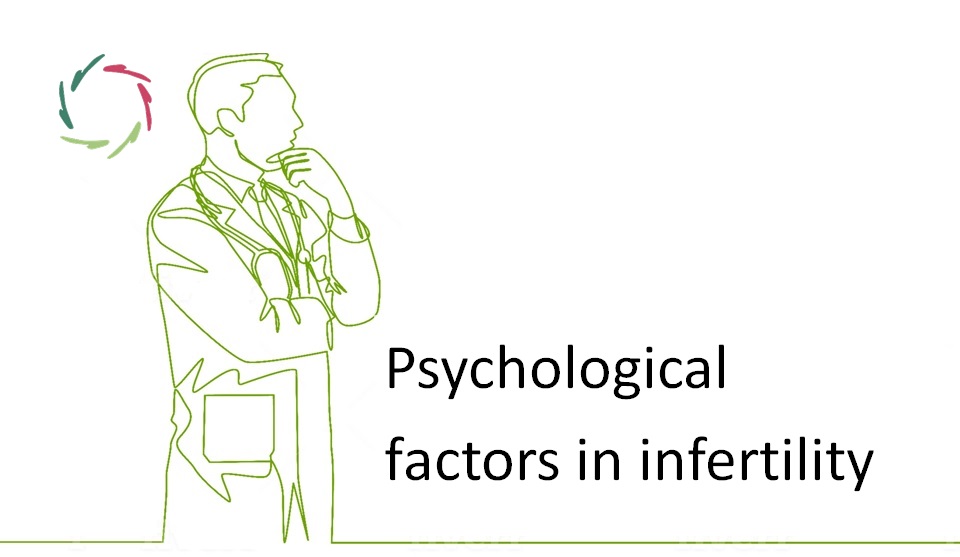
Psychological factors in infertility
It is estimated that 1 in 8 couples (or 12% of married women) have trouble getting pregnant or sustaining a pregnancy [Fast Facts About Infertility, 2017]. Although the results have been mixed, reviews of the literature have generally concluded that psychosocial factors such as depressive symptoms, anxiety, distress and specific coping strategies are linked to Read the full article…
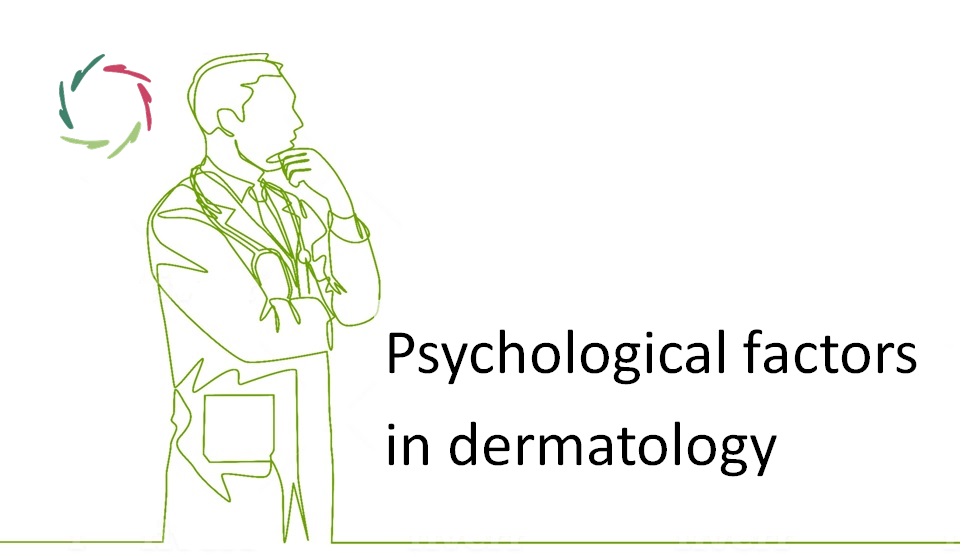
Psychological factors in dermatology
“The skin constitutes the largest bodily organ and is bombarded daily with environmental insults, including infectious and toxic agents, allergens, ultraviolet light, and mechanical damage. Therefore, the skin is equipped with innate and adaptive properties to respond to the myriad of environmental factors encountered. In addition to environmental factors, skin also appears especially responsive to Read the full article…
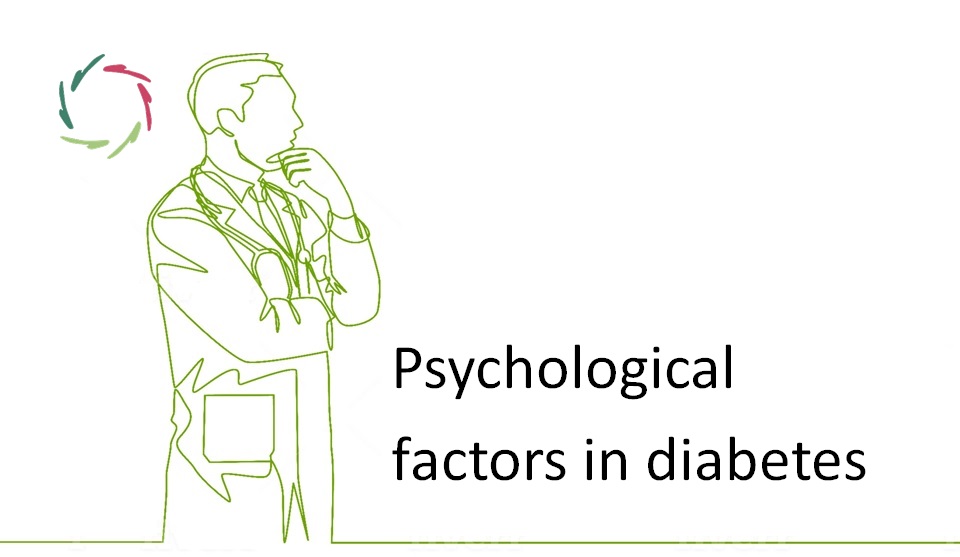
Psychological factors in diabetes
According to the International Diabetes Federation, over 8% of the world population (415–420 million people) currently have diabetes, with prevalence expected to rise to 10.4% (642 million) by 2040 [International Diabetes Federation, 2015; World Health Organization. Global report on diabetes, 2016]. In 2015, health spending on diabetes represented 12% (USD 673 billion) of global health Read the full article…
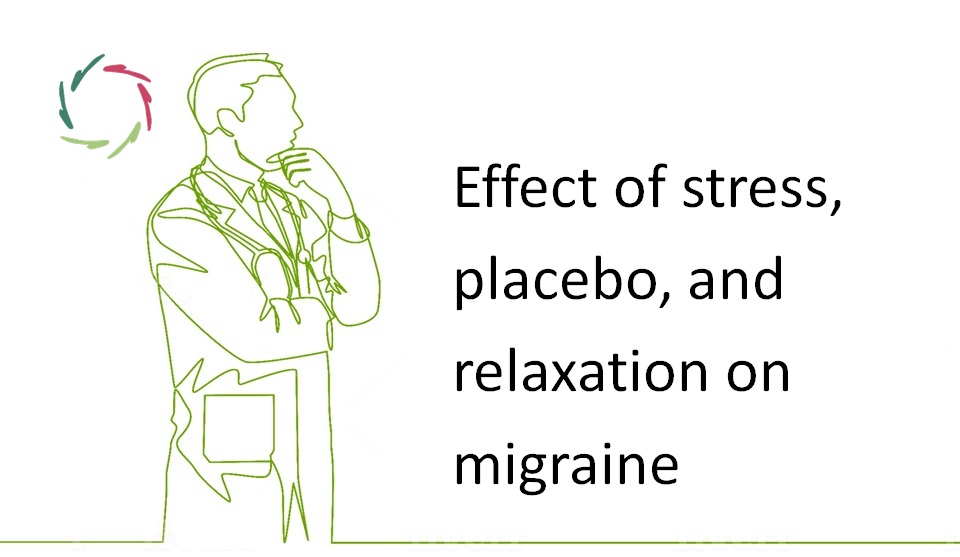
Effect of stress, placebo, and relaxation on migraine
In the preface to the 1970 edition of Migraine [Sacks, 1970], Oliver Sacks says, “Some patients I could help with drugs, and some with the magic of attention and interest… it now became apparent to me that many migraine attacks were drenched in emotional significance.” The comorbidity of migraine and depression is well-known. Patients with Read the full article…
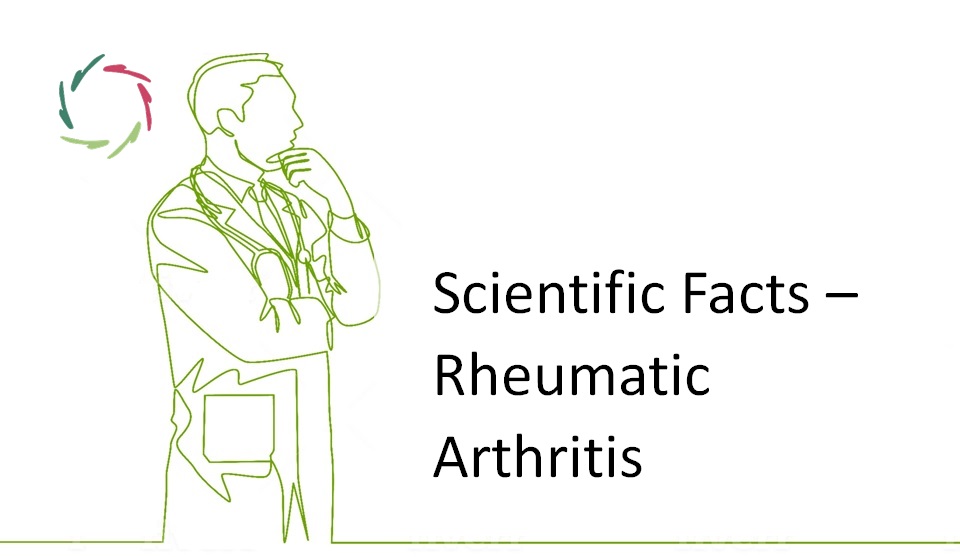
Rheumatic arthritis is a psychosomatic disease
Psychosocial factors are essential for the process and the treatment of rheumatic arthritis. Significant events in life lessen the symptoms, whereas a negative state of mind and small irritating events intensify the symptoms [Potter et al., 1997]. Psychological variables influencing the pathology are, among other things: pain, religious belief, expectation pattern, functional handicap [Young, 1992]. Read the full article…
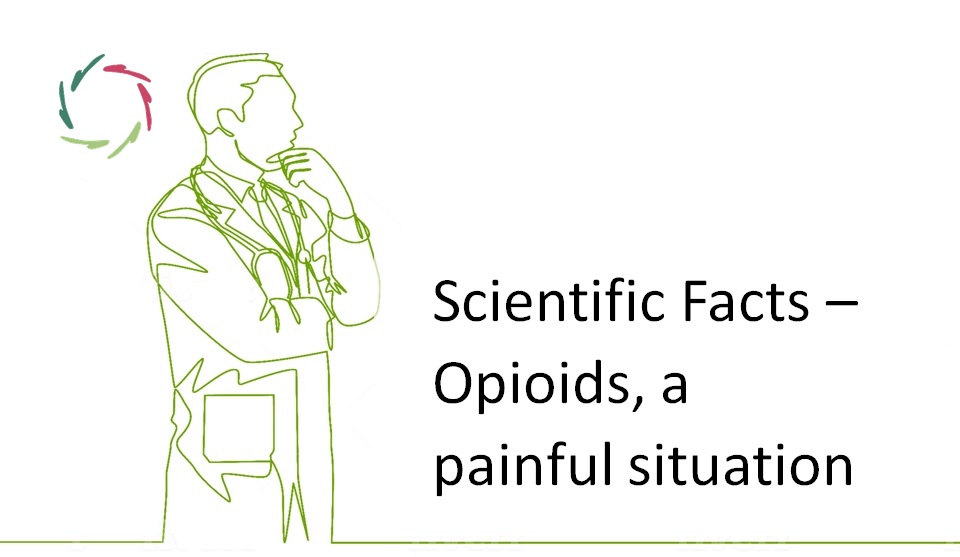
Opioids, a painful situation
One of the chapters in Part 4 of this book is about chronic pain. Also, in 2020, my Read&Do book about chronic pain gets published. Of course, this is not a ‘cure for all.’ From the beginning – when I started my practice as a physician and was being intrigued by the placebo effect – Read the full article…
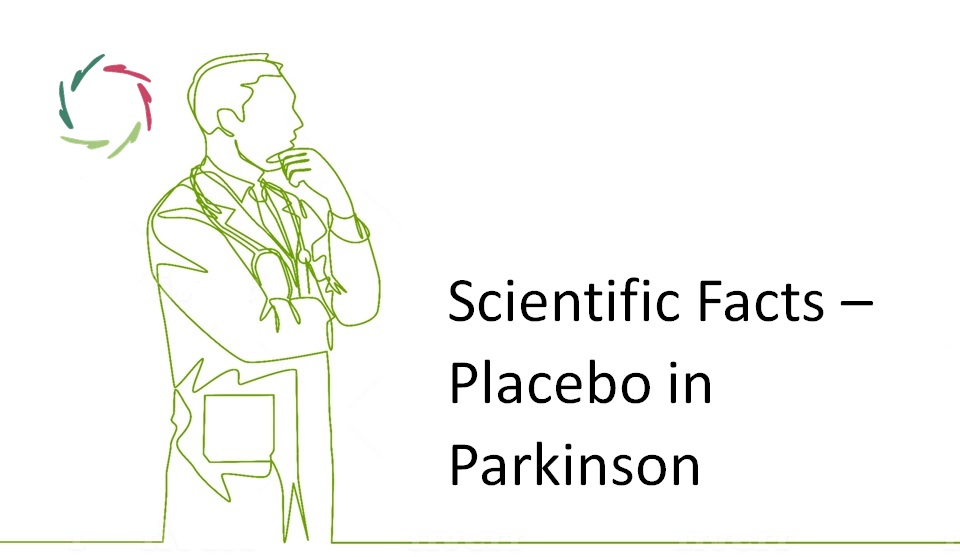
Placebo in Parkinson
Placebo effects in Parkinson are particularly interesting since they are substantial and well investigated in many clinical trials with objective measurements of motor performance. Also, the neurobiological mechanisms of placebo effects in Parkinson are fairly well understood. They have been visualized – no surprise to attentive readers of this book – in the brain. They Read the full article…
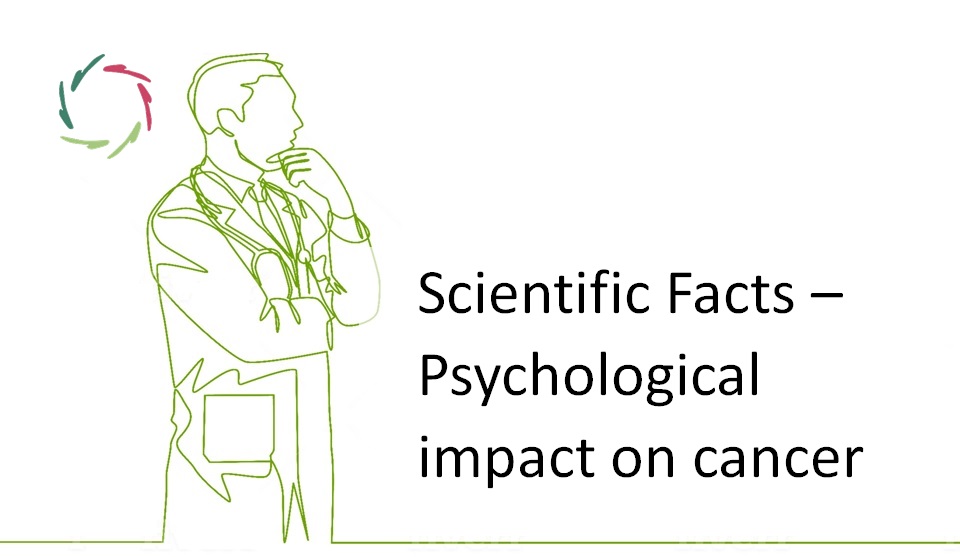
Psychological impact on cancer
M.A. Visintainer et al. conducted a study with rats. After implantation of a tumor, some were administered electric shocks and some were not. Of the former, some could escape the shocks and some could not [Visintainer et al., 1982]. Afterward, they checked the number of rats that rejected the tumor (and thus were cured). The Read the full article…
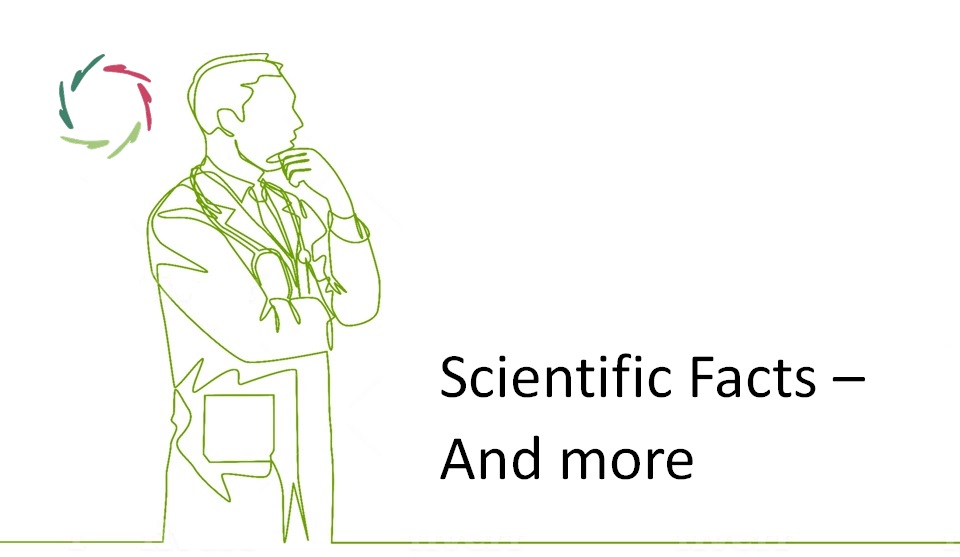
And more
I closed my eyes – more or less – put my hand in the box of PubMed (huge repository of abstracts and references to top-level medical journal articles) and took out a bunch of relevant research to share it with you in this chapter. There is a lot more in PubMed for whoever cares to Read the full article…

Scientific Facts – Bibliography
[AlZahrani et al., 2019] AlZahrani AS1, Alshamrani FJ, Al-Khamis FA, Al-Sulaiman AA, Al Ghamdi WS, Al Ghamdi OA, Mohammad MY, Alshayea MS, Alhazmi RA, Alkhaja MA. Association of acute stress with multiple sclerosis onset and relapse in Saudi Arabia. Saudi Med J. 2019 Apr;40(4):372-378. [Antonovsky, 1987] Antonovsky, A., Unraveling the Mystery of Health. How People Read the full article…